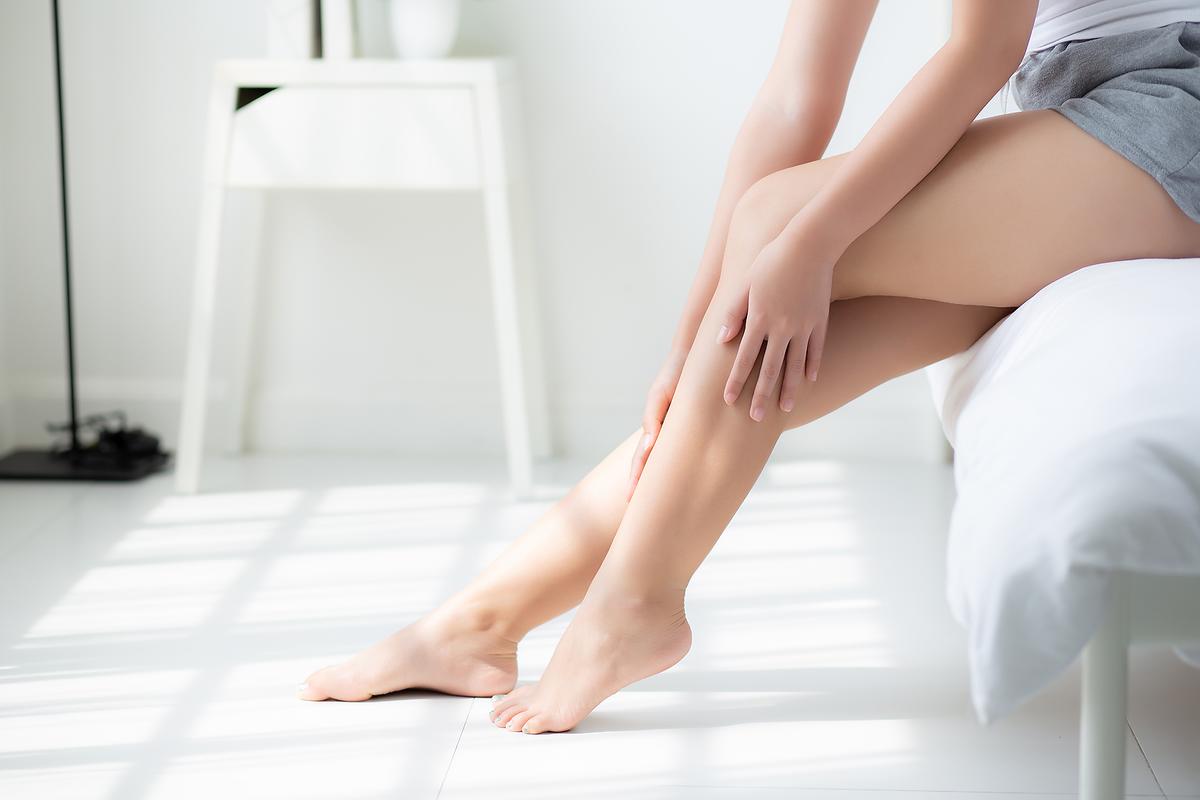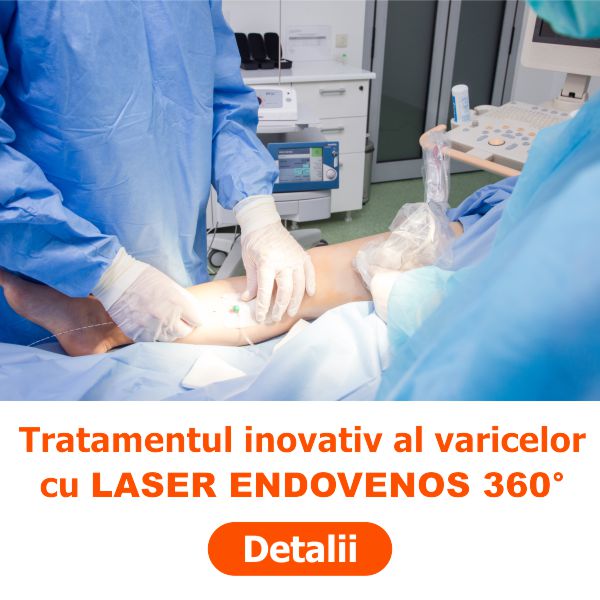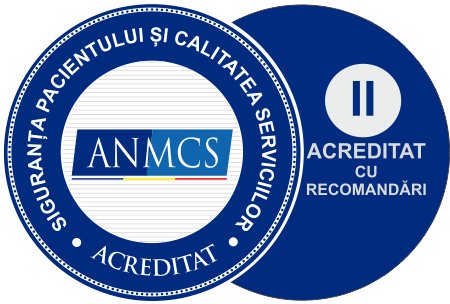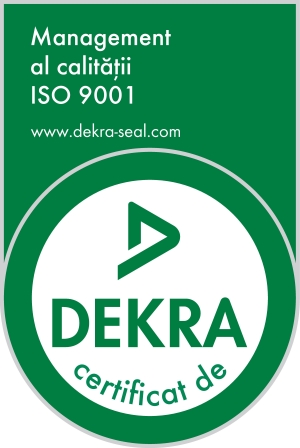 Varicose vein disease is, beyond doubt, very frequent nowadays. The sedentary lifestyle, the office work, the numerous hours spent indoors exert their impact on the evolution and complications of this disease. Even though the main varicose vein cause are the genetic factors, the so-called varicose terrain, characterized through the inheritance of a less elastic tissue, including in the vein walls, this does not mean that measures cannot be taken to prevent the worsening of the disease.
Varicose vein disease is, beyond doubt, very frequent nowadays. The sedentary lifestyle, the office work, the numerous hours spent indoors exert their impact on the evolution and complications of this disease. Even though the main varicose vein cause are the genetic factors, the so-called varicose terrain, characterized through the inheritance of a less elastic tissue, including in the vein walls, this does not mean that measures cannot be taken to prevent the worsening of the disease.
In order to understand the purpose of these measures, one must first grasp the varicose vein disease onset mechanism, which affects the superficial vein system, which is normally not subjected to extensive strain and drains at most 20 percent of the venous blood that returns from the level of the lower limbs towards the heart. When the incompetence, damage of the inner vein valves occurs – the trigger – they are unable to prevent the backflow of the blood flow, which, even though pumped up under the action of the muscles, falls back and becomes trapped at the level of the leg and leads to the varicose vein treatments.
The pressure in the superficial veins increases, they dilate, they become sinuous, apparent and unaesthetic, and the blood that stagnates practically asphyxiates the tissues causing the impactful varicose vein complications – stasis dermatitis and venous ulcer (a wound that never heals).
In summer, high temperatures, sun exposure, dehydration, can lead to the aggravation of the varicose vein disease and large and very visible varicose veins. We recommend people with varicose veins to make sure they hydrate properly – more than 2 litres of water/day, in order to prevent the excessive blood clotting, which causes superficial or even deep venous thrombosis, with a vital risk. Drinking tea or plain water is recommended, as sweet fluids or alcoholic drinks may cause dehydration. Excessive spice consumption should be avoided.
Other recommendations concern the avoidance of prolonged physical inactivity – 10 minutes’ light walking after every hour spent behind the desk can make the difference. Prolonged sun exposure should be avoided, for several reasons, including the skin cancer risk. Hot showers should be avoided, and people suffering from the varicose vein disease should make sure they apply cold water on their legs on the lower half of the hip, to avoid the dilation of the superficial venous system. One should rest in a low temperature room, and the legs (heels) should be rested on a moderately tilted plan (+10cm), such as a pillow or a folded blanket.
And, of course, exercising – 30 minutes a day – can make miracles!




